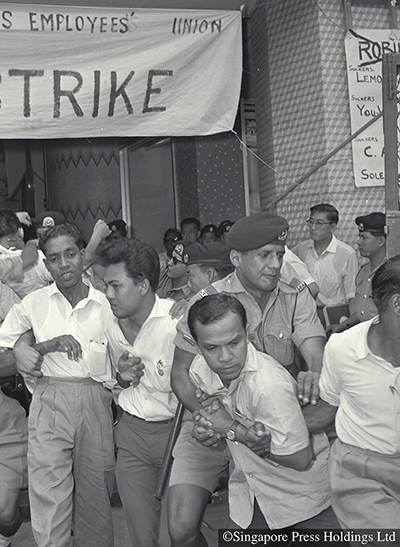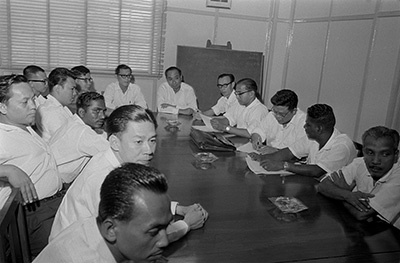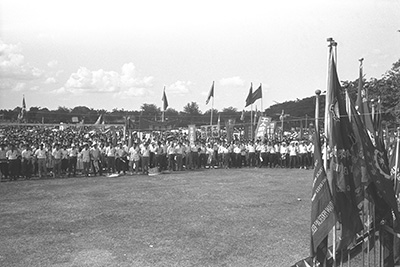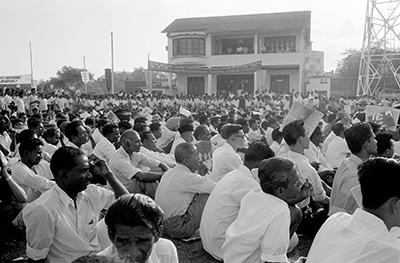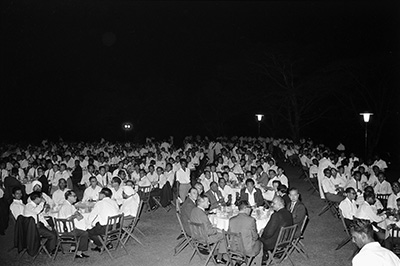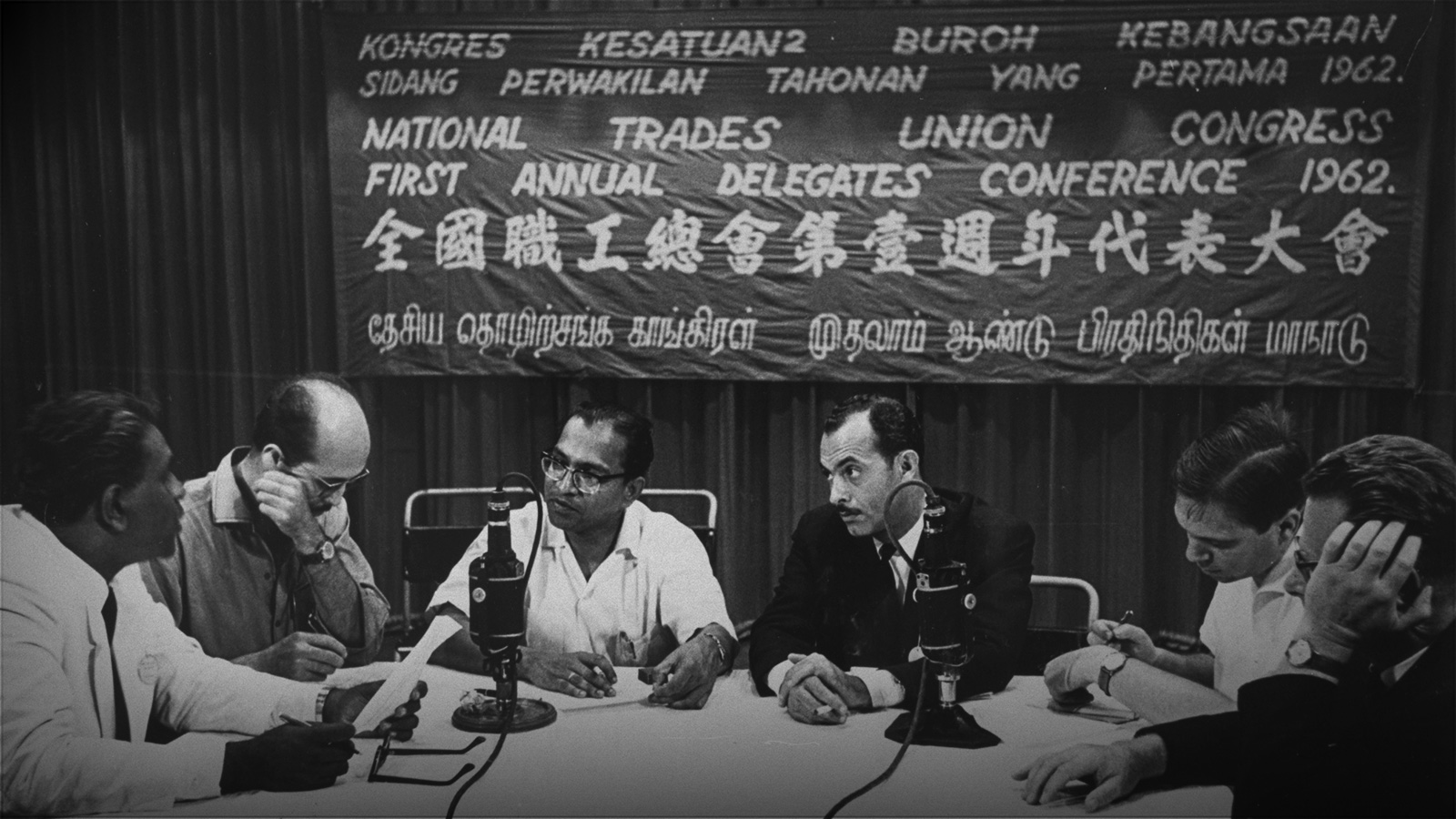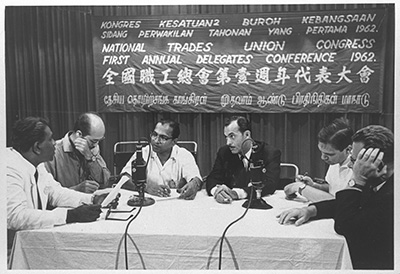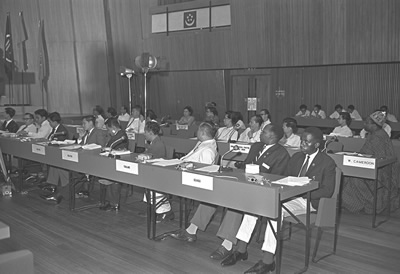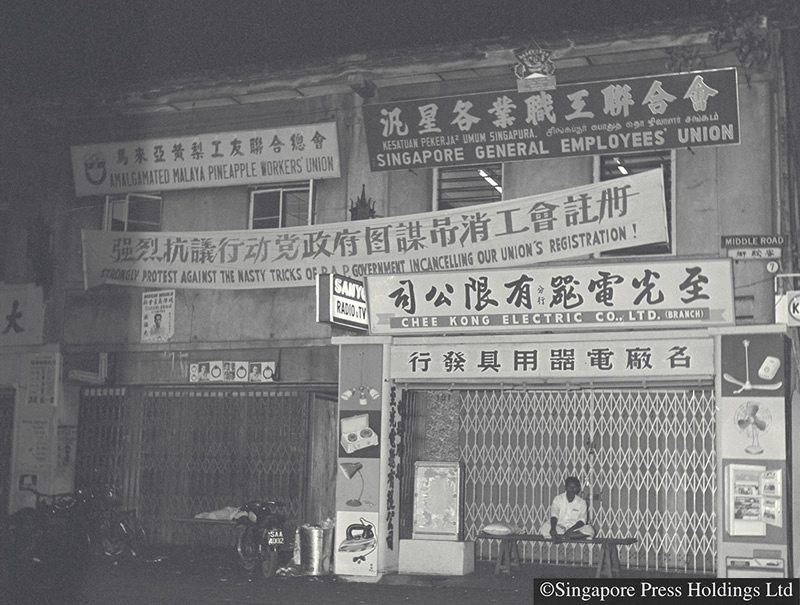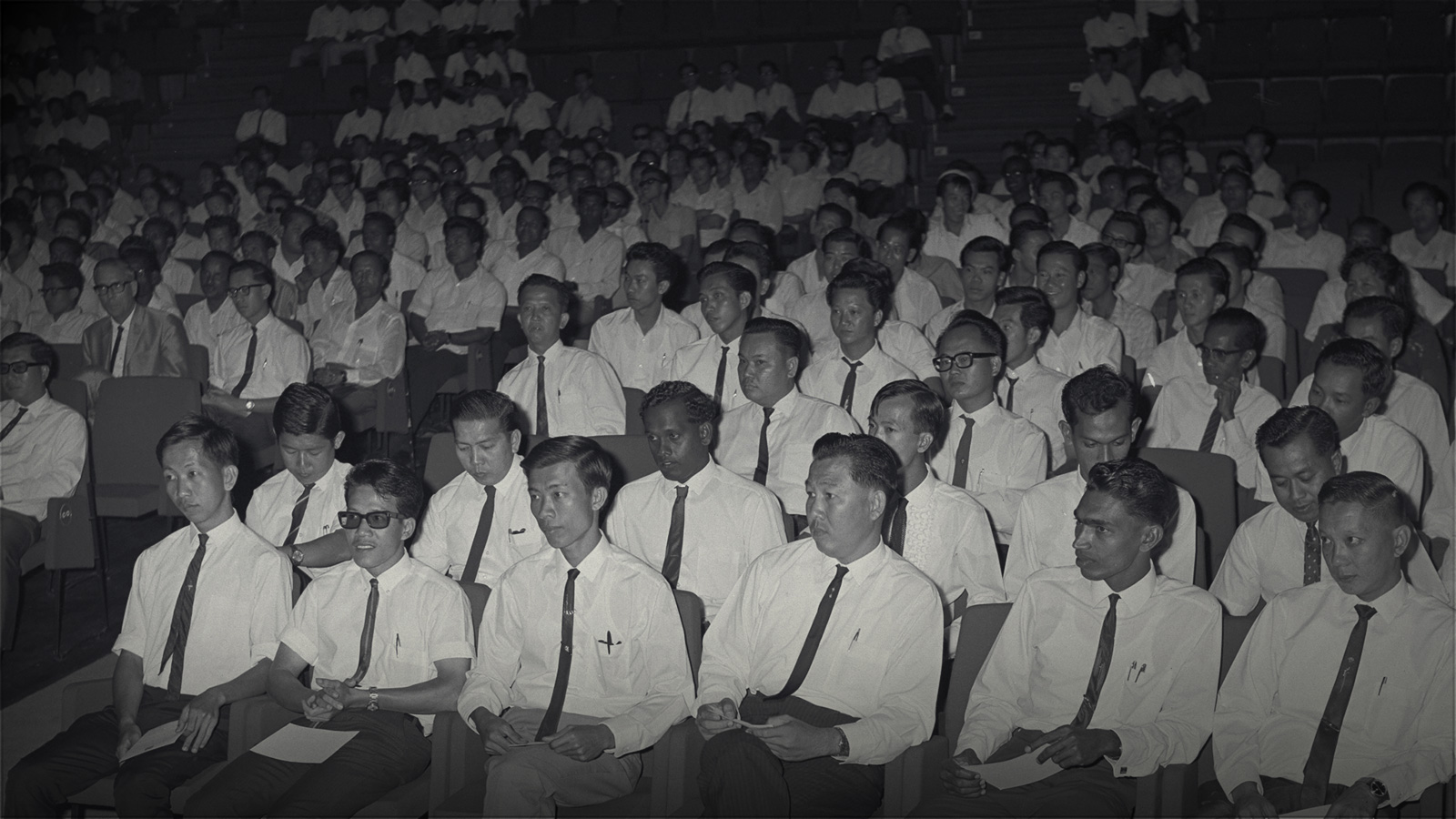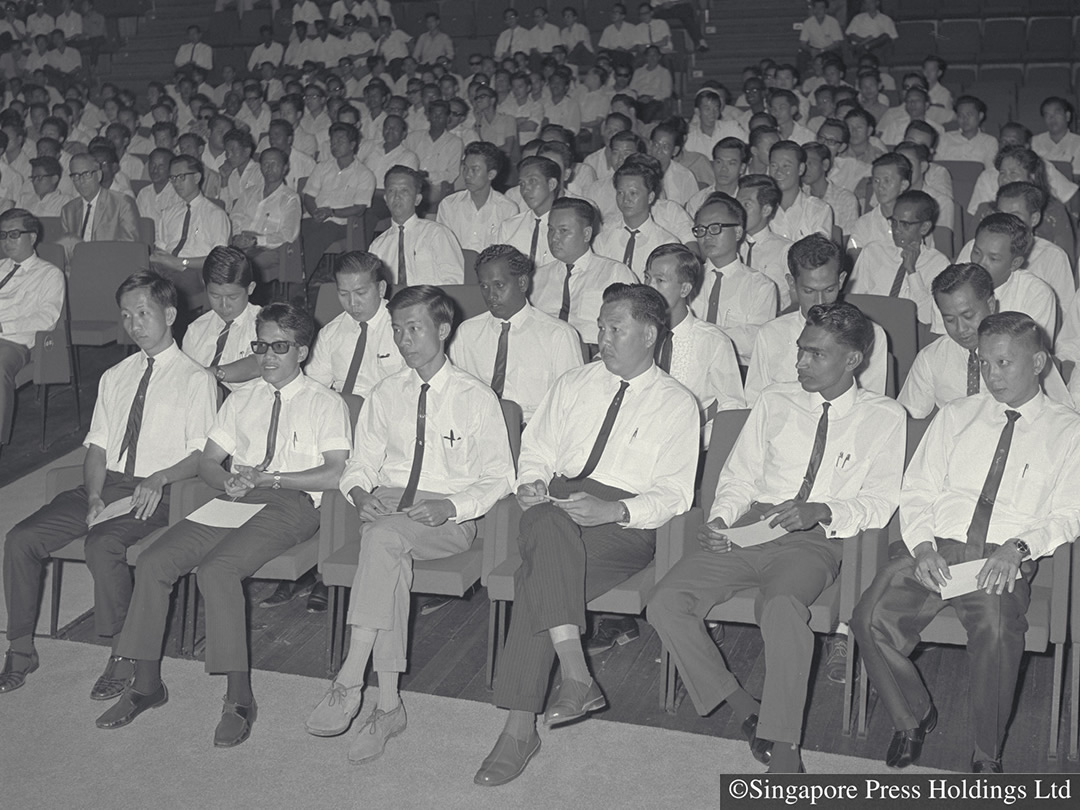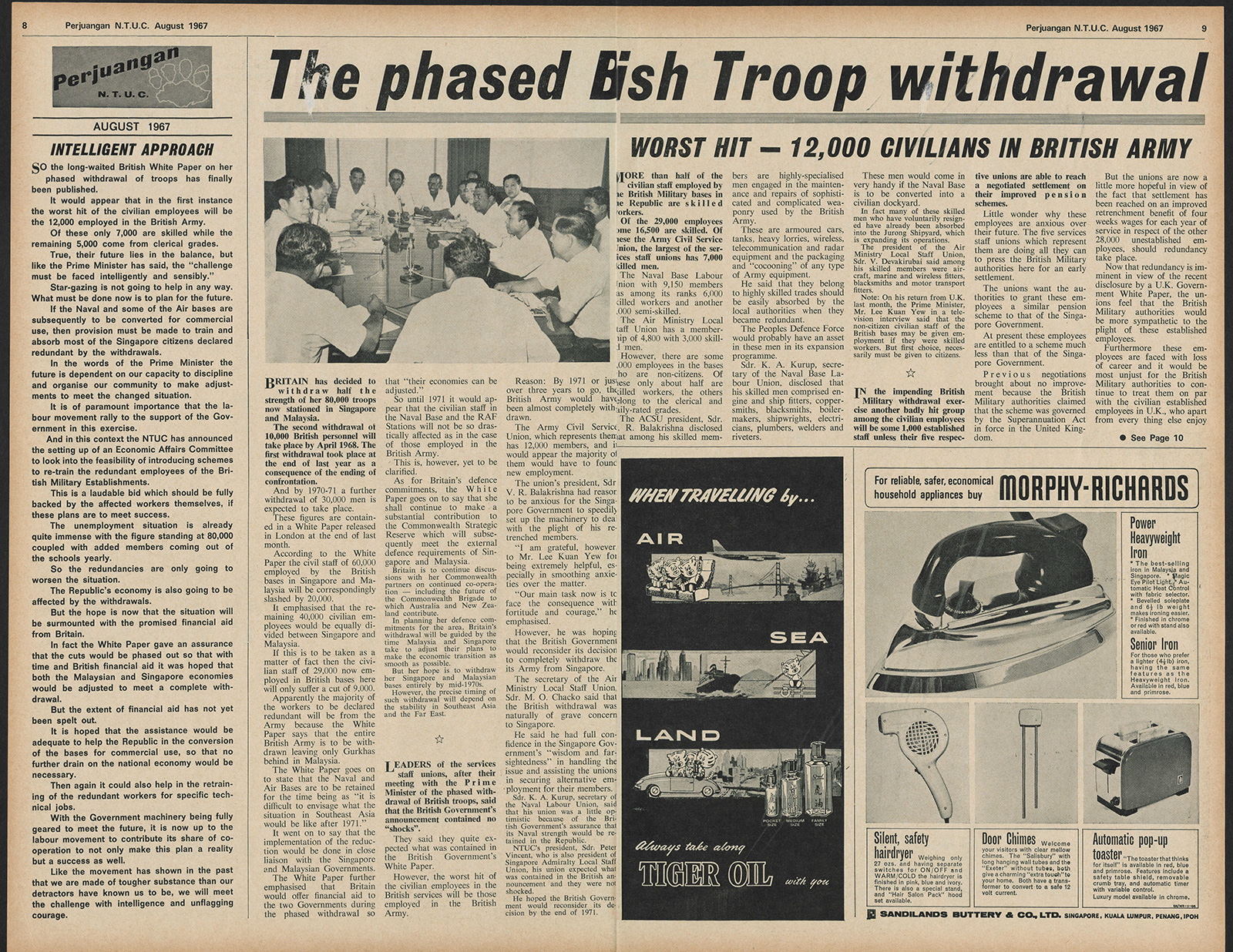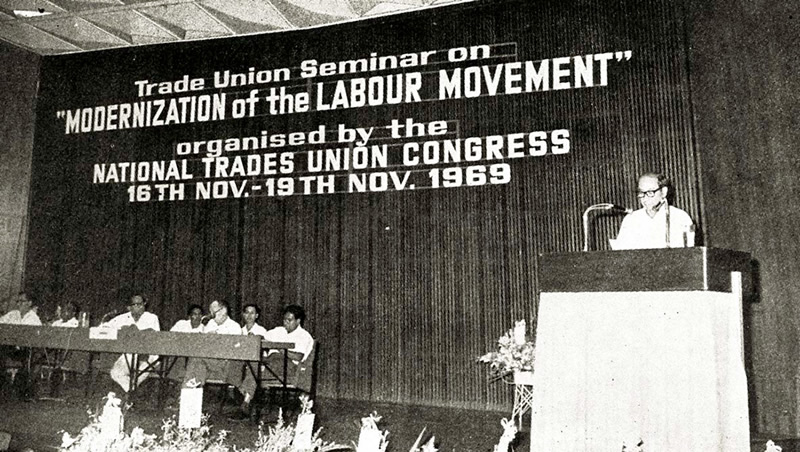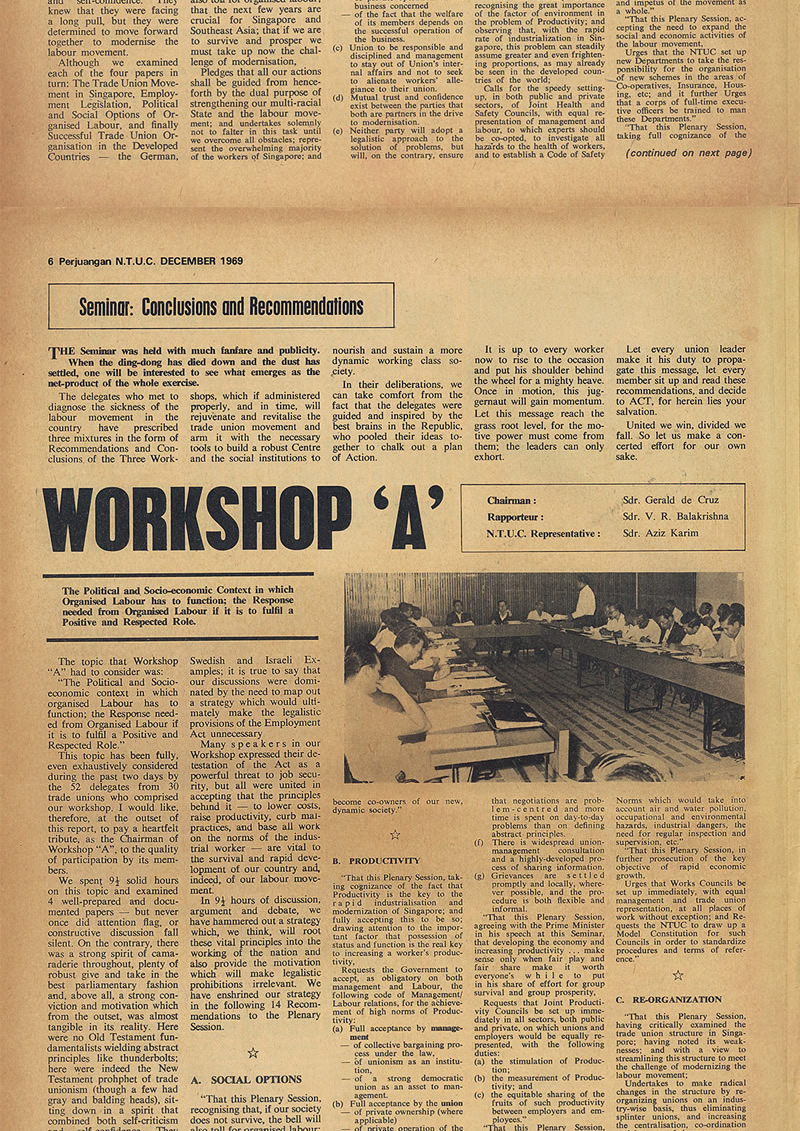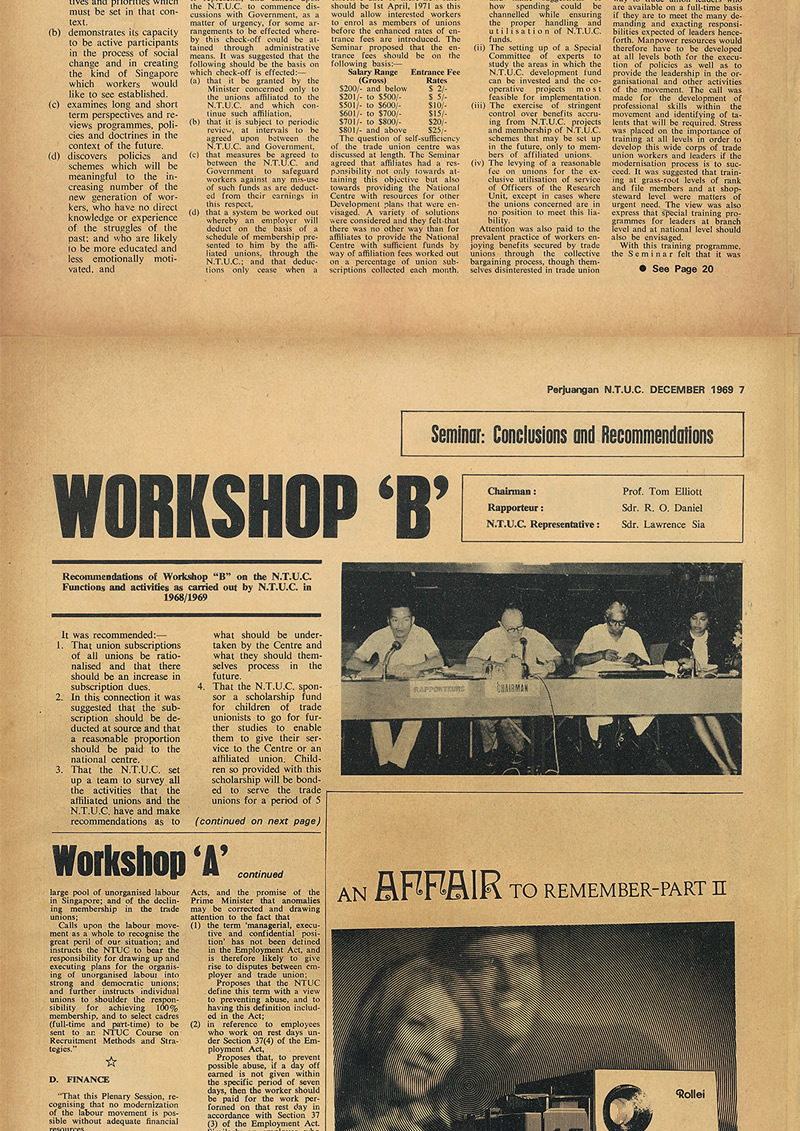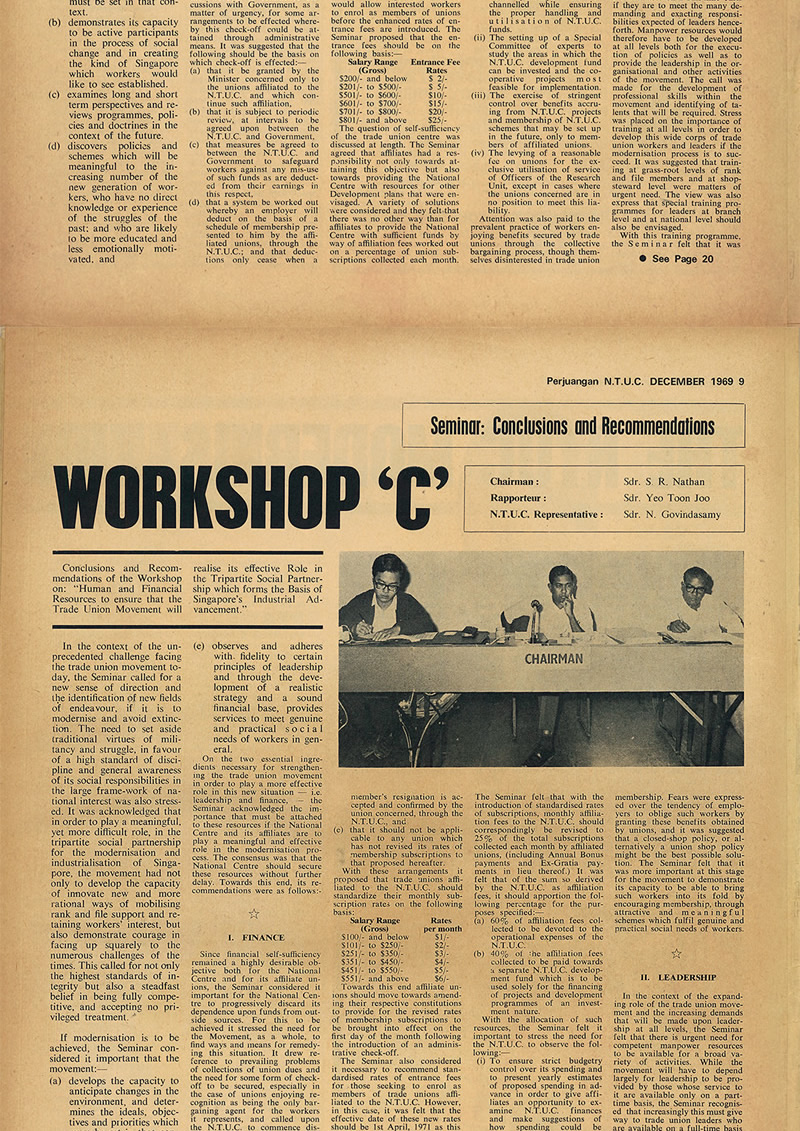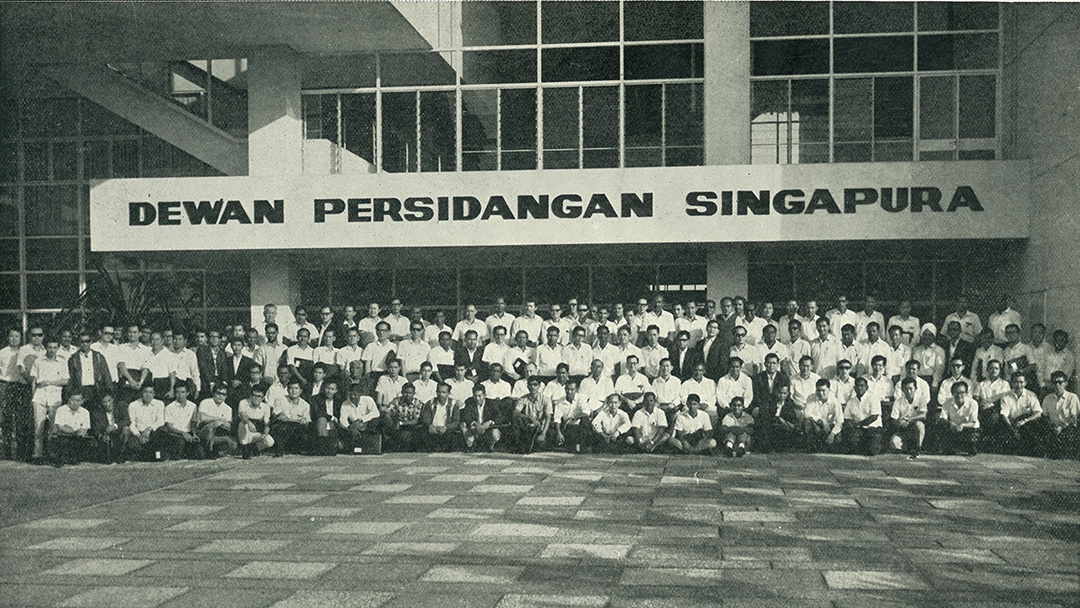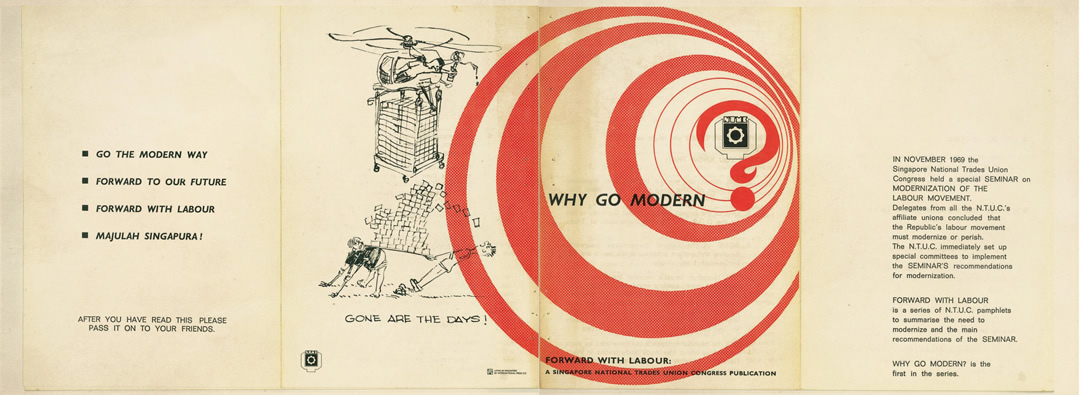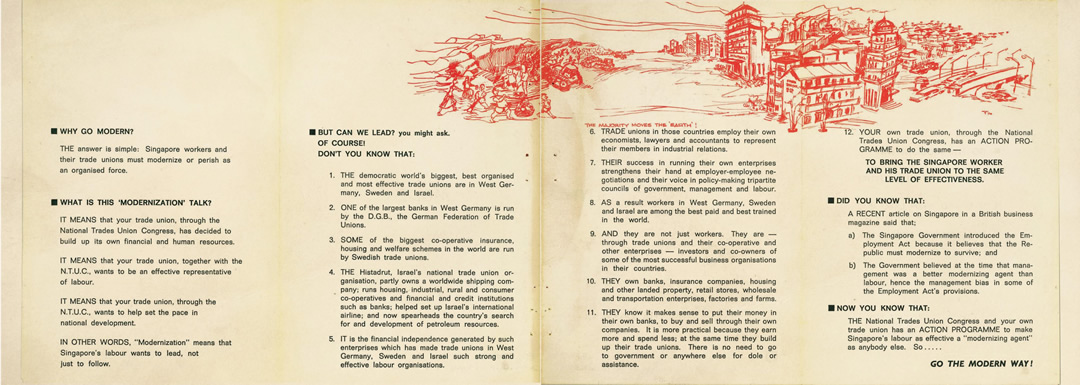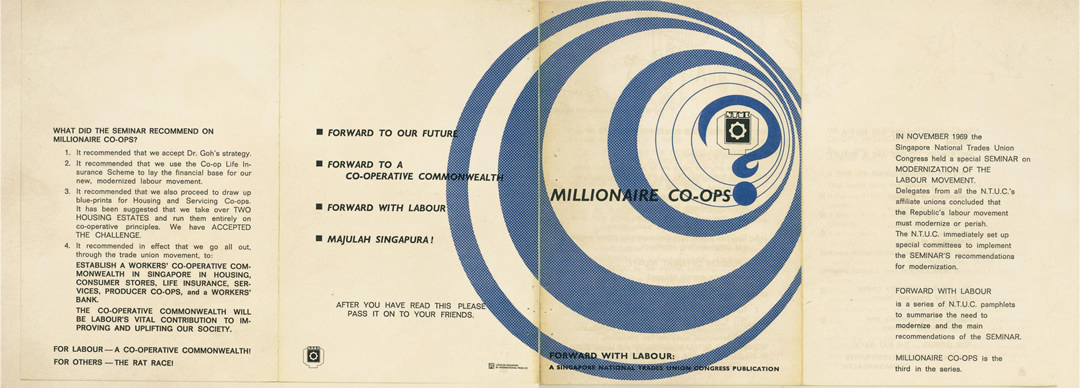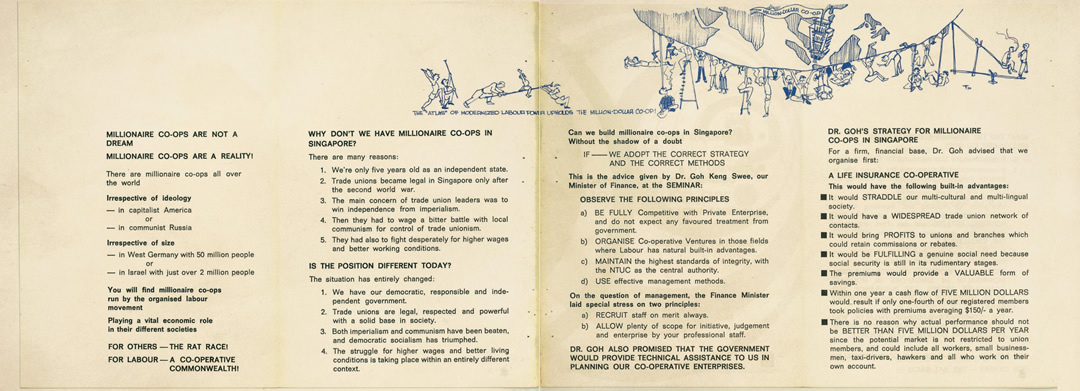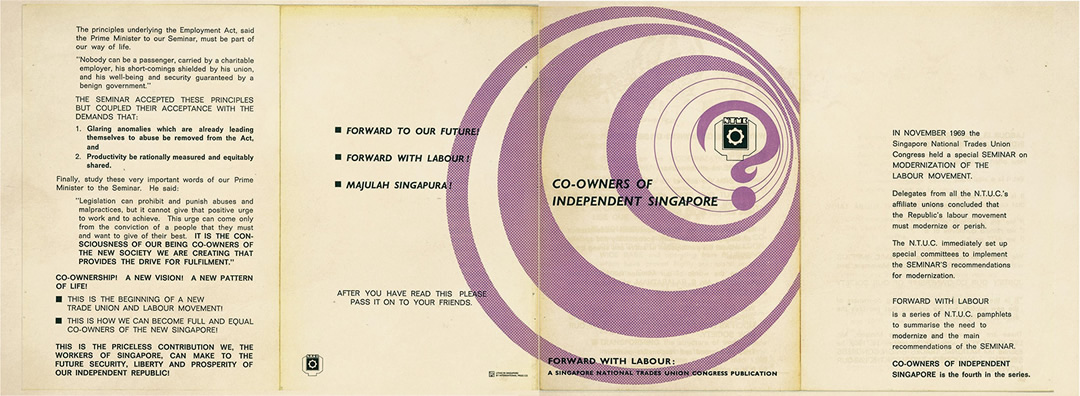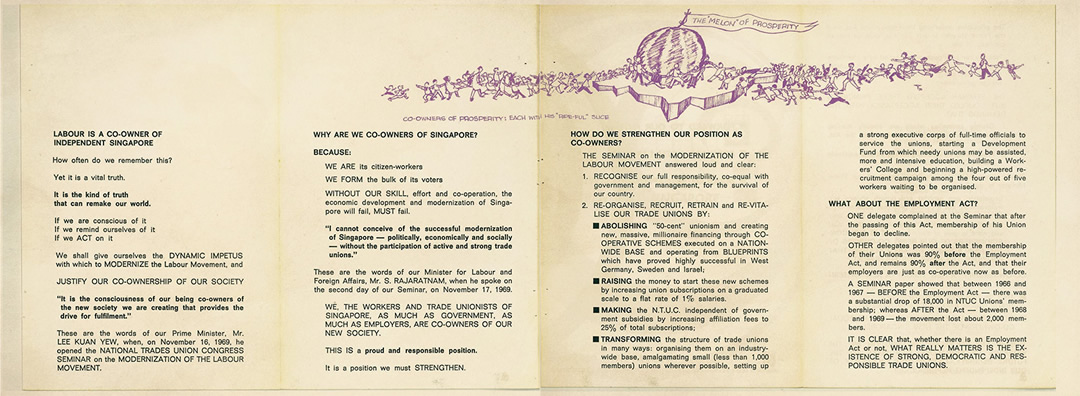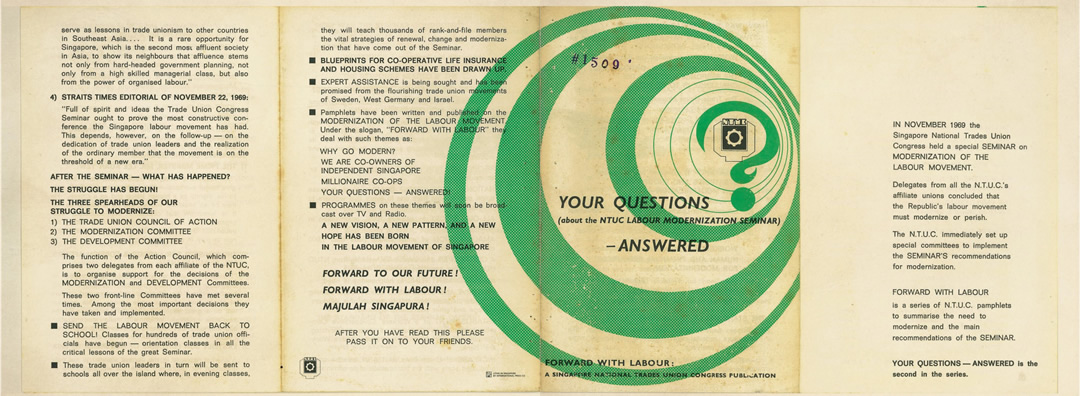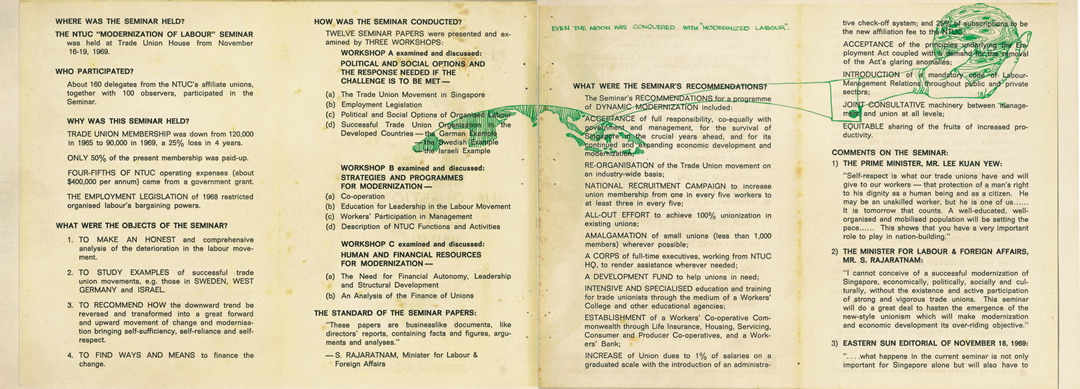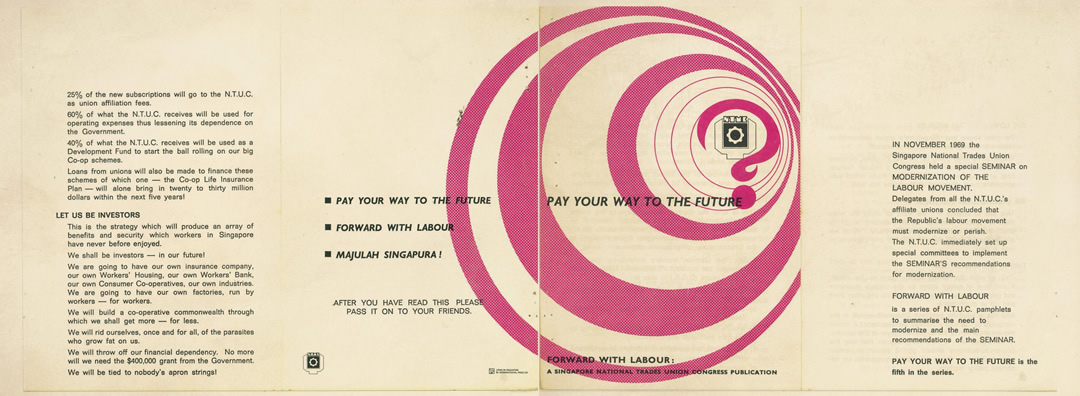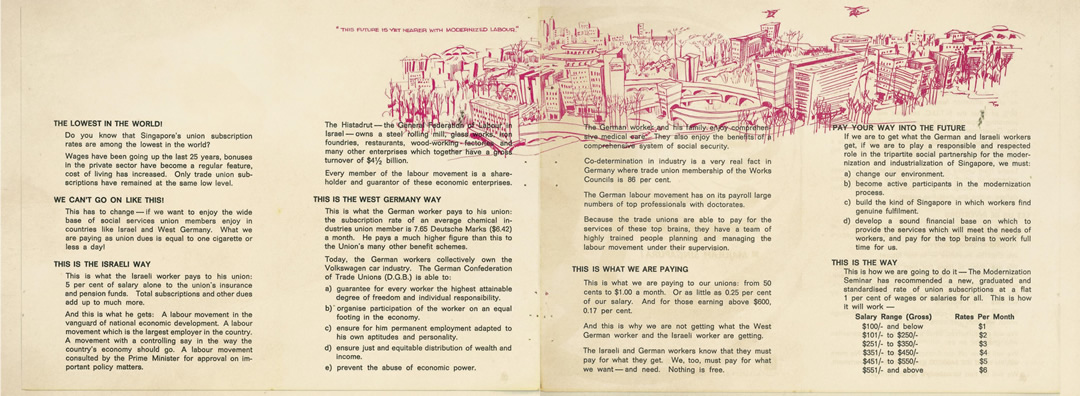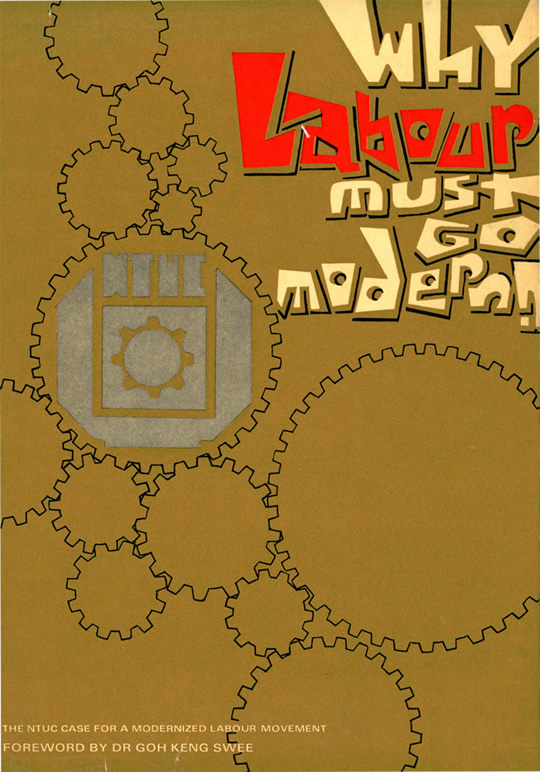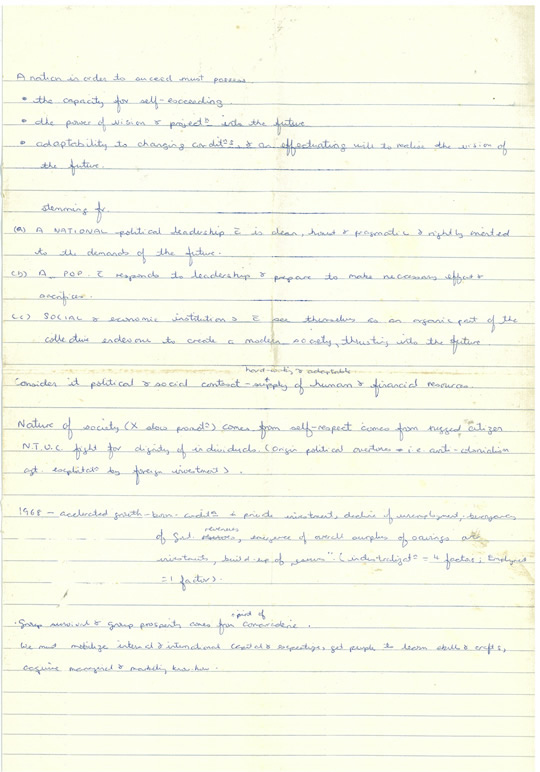In 1960, the Government mapped out a detailed strategy for development founded on industrial peace but support for this strategy evaporated when the People’s Action Party (PAP) split led to a split within the Singapore Trades Union Congress (STUC).
In September 1960, the Industrial Relations Ordinance was passed to establish an Industrial Arbitration Court with powers to settle industrial disputes as well as to fix new rates of salaries and conditions of service. Dr Charles Gamba, an economist and labour expert at the University of Malaya, was appointed first President of the Court.
The following month, Minister of Finance, Goh Keng Swee – Singapore’s economic czar – mapped out a detailed strategy on the role of organised labour in an industrialising economy. The paper was entitled ‘The Labour Movement and Industrial Expansion’ and this was submitted to the STUC for discussion and support. Among other things, Goh emphasised the importance of industrial peace and explained that many businesses found Hong Kong more desirable as an investment location because of its lower wages and lack of strikes.
The STUC supported this paper and threw its weight behind the Government’s industrialisation efforts.
Unfortunately, this support was short-lived. In May 1961, the proposal by Malaya’s Prime Minister Tunku Abdul Rahman to include Singapore in a larger federation led to a split within the PAP. Thirteen PAP assemblymen were expelled, and together they formed the Barisan Sosialis (Socialist Front) in July 1961 in opposition to their former comrades. This precipitated a split in the STUC as well. The STUC was dissolved and two rival bodies were established – the Singapore Association of Trade Unions (SATU), led by the pro-Communists and who supported the Barisan Sosialis; and the National Trades Union Congress (NTUC) which continued to support the PAP. SATU was by far the larger organisation with 82 unions, while NTUC had only 12 unions on its side.
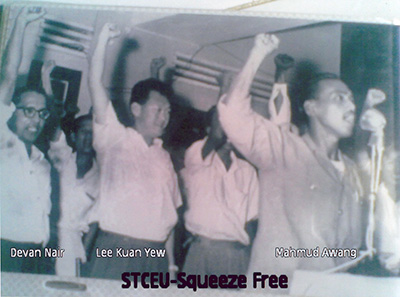
Mahmud Awang Collection, courtesy of National Archives of Singapore
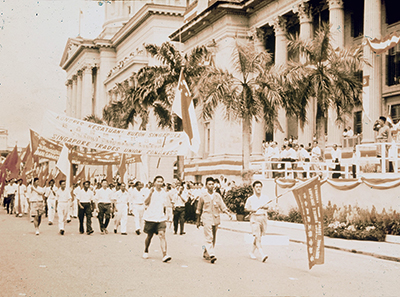
Yusof Ishak Collection, courtesy of National Archives of Singapore







